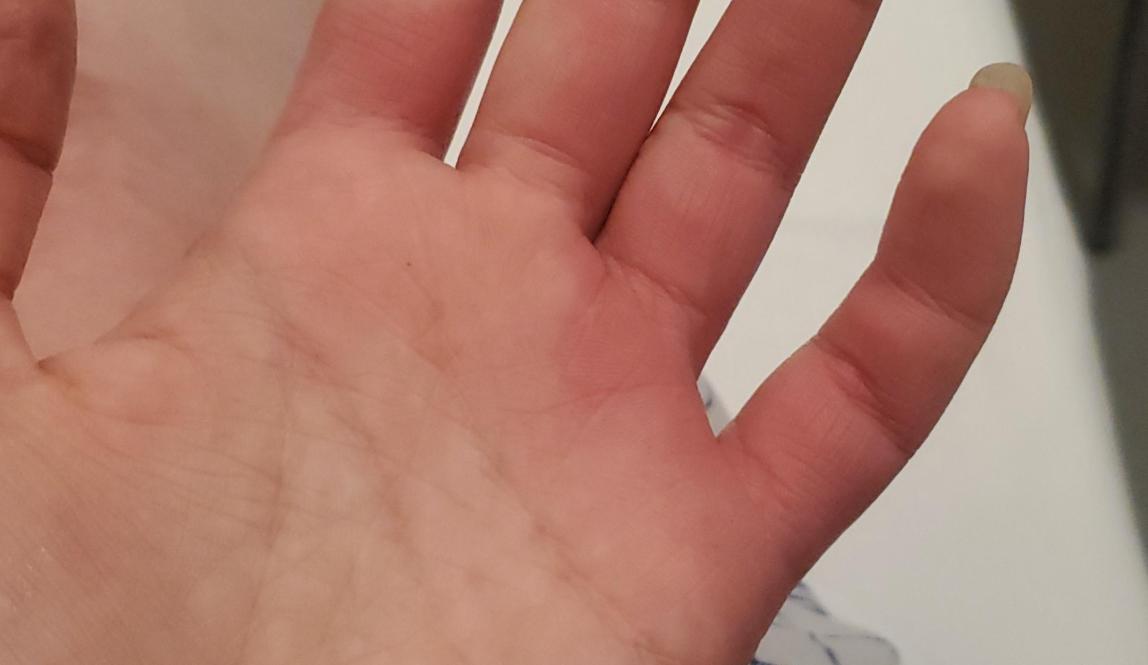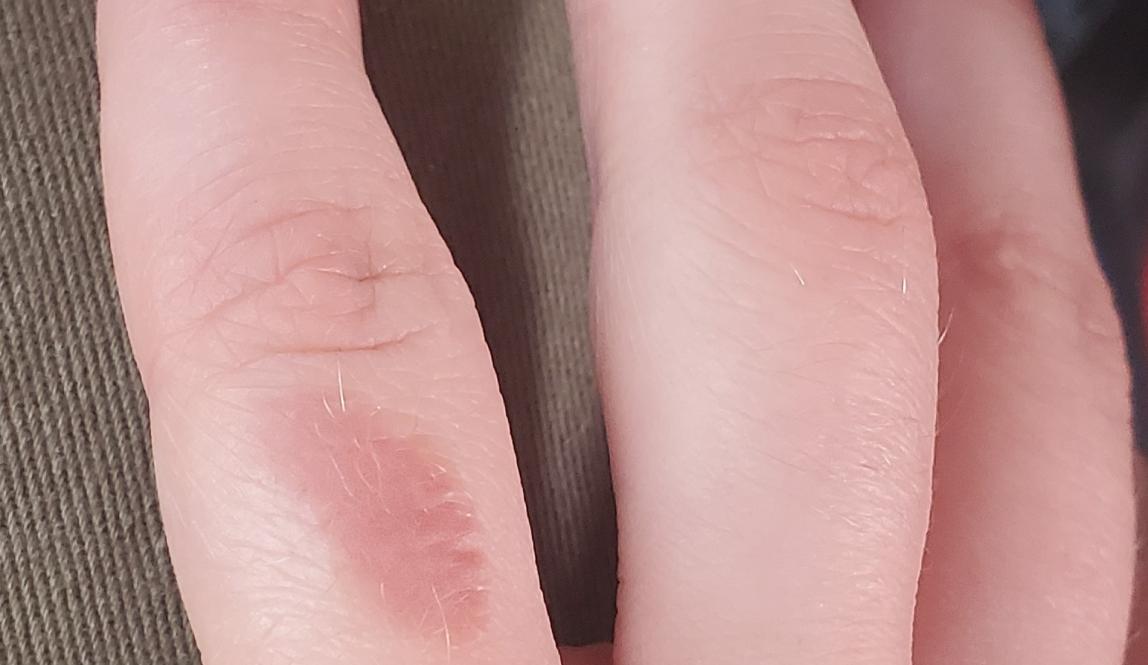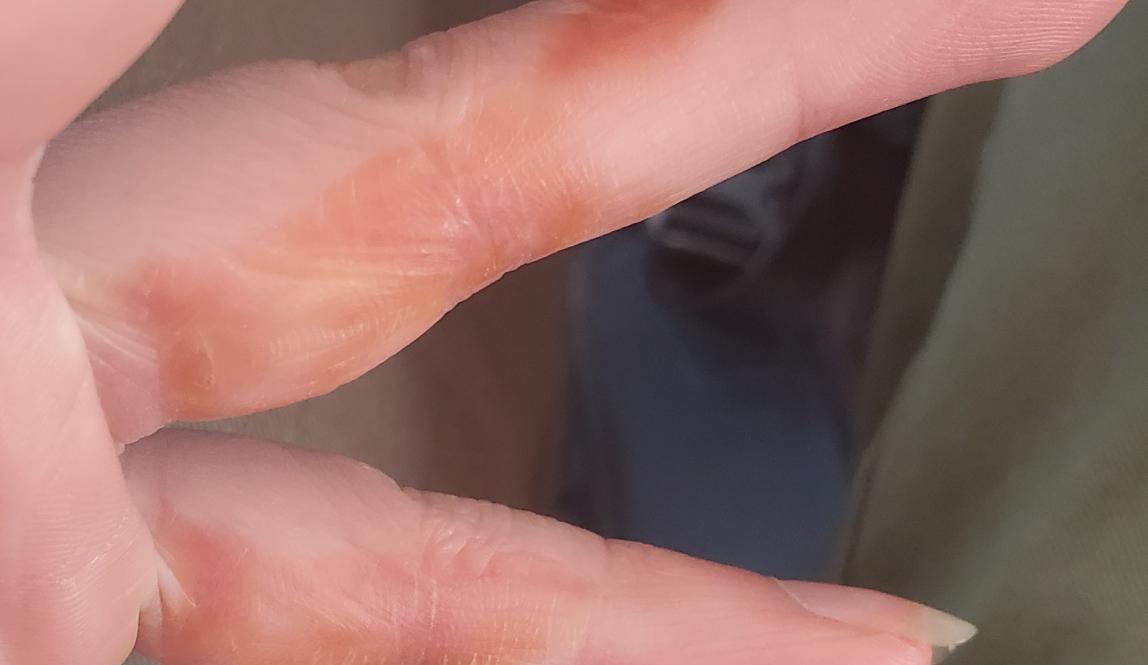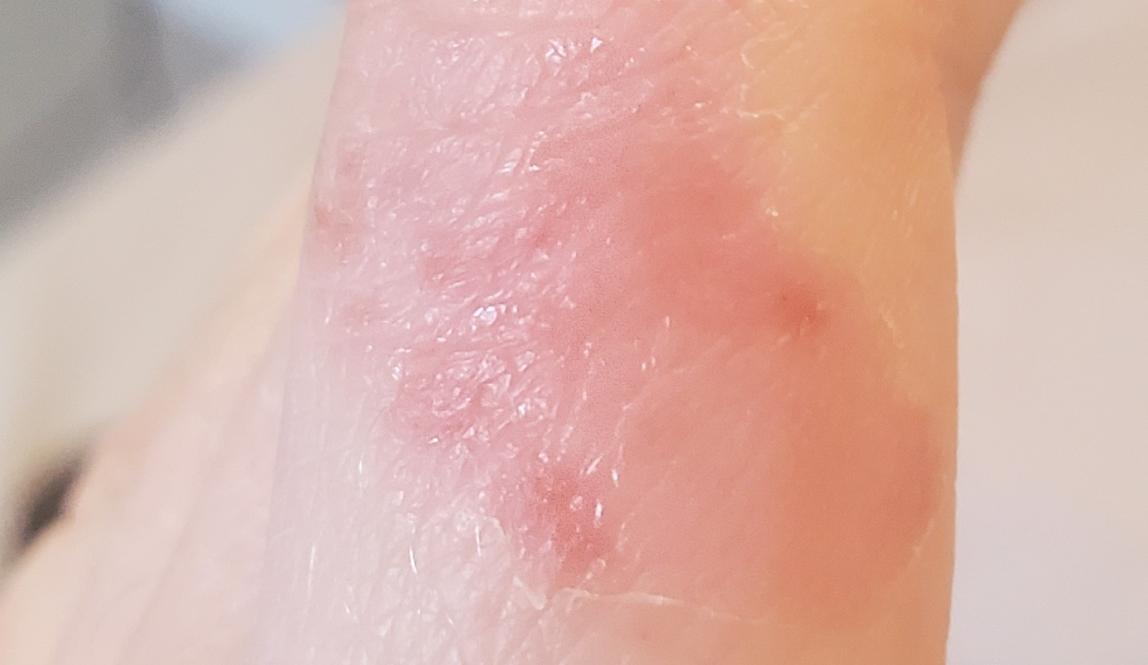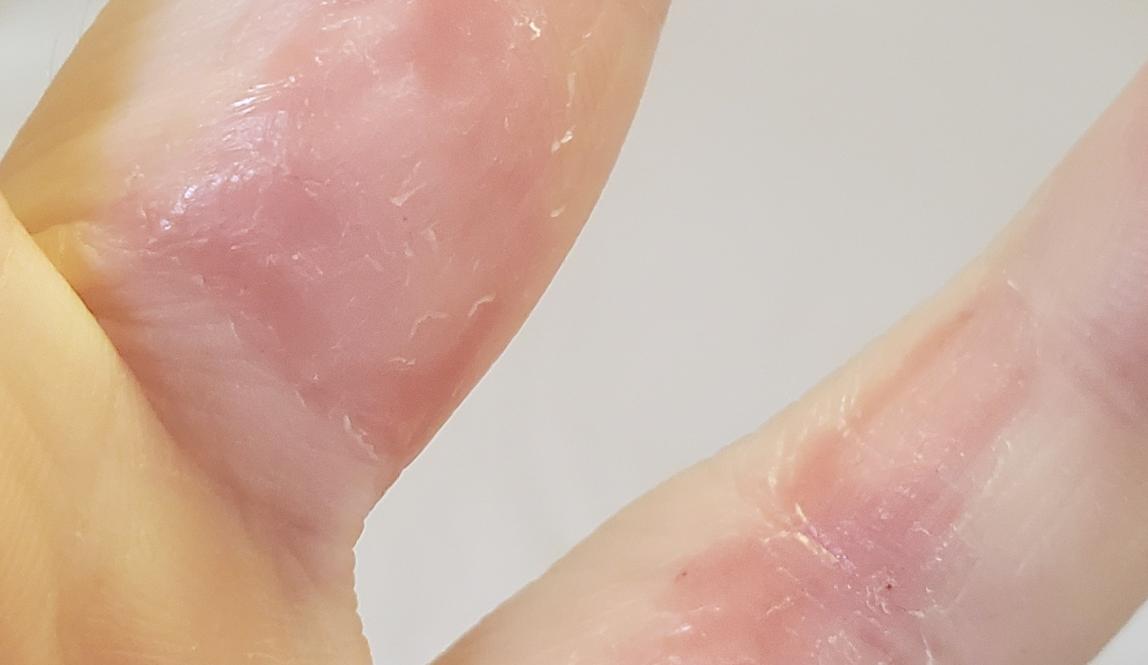Bonjour, mes cheris!
Welcome to my blog! If you aren’t already familiar with me, my name is Paikea and I am currently in Paris!
Le sujet du jour is SAFETY!
Avant tout, I want to clarify that everyone’s experiences are going to look and feel different depending on your personal circumstances. Depending on where you live, the severity of your emergency, etc. things are going to look different.
D’abord, this goes without saying but know how to tell the difference between a severe emergency and everything else. If you are in danger, injured, sick, etc, if your life or limb is at immediate risk CALL THE EMERGENCY NUMBER OF THE COUNTRY YOU ARE IN! Save the emergency numbers into your phone on quick-dial just in case as well as the emergency number of IES. If you aren’t sure, and it is after hours, call IES Abroad. While you may feel silly calling them, if you have a genuine emergency/concern that needs to be solved soon but is not life-threatening, call IES Abroad and they can help you. This can save you a great deal of time, money, and effort especially if you are distracted by the issue at hand. Also, be aware of the consequences of what happens when you choose a certain service and what you will need to bring. In Paris, carry both cash and a card on you when heading to a health services location, as well as a legitimate ID. If you are going to a hospital (public or private), carry some snacks and water because you won’t know how long you are going to be there. Carry a charging cable or a battery pack to keep your phone charged, and have a “just-in-case” implemented if you don’t have service (AKA alert loved ones, local contacts, and/or university staff of where you are, what you will be doing, and estimated time of return). Know the vocabulary necessary to conduct a conversation in the native language in the case that your primary language is not available. This applies both in the event you call emergency services and at any health care provider’s office. You will also want to know the vocabulary and comparable and often used medicines in the case you need to provide allergies, intolerances, and preferences.
Deuxièmement, know your insurance information or have it on hand. You will need to know how to file claims and whether or not it is a pay up-front and be refunded later situation or not. When you receive bills of health, receipts, etc make sure you always ask for itemized bills and confirmations of payment. Get these from nurses as well as pharmacists especially if you got products based on a prescription from a doctor. Scan these documents immediately and save them somewhere secure, you might need them to file claims. If you need to find nurses nearby, ask your local pharmacist for a list as they provide names, numbers, and addresses.
Troisièmement, and I know this is the difficult one, it is definitely the toughest for me: don’t panic. It can be significantly harder to follow the instinct that might save your life if you are panicking about what happened to you. Yes, it is scary, especially when you aren’t immediately sure what you have to do or how bad this emergency is. I spent twenty minutes debating whether a taxi or an ambulance was more appropriate or if I even had to get to the hospital. I was not calm, even before the pain had registered. So take advantage of that crystal clear adrenaline-fueled hyperfocus to take deep breaths and figure out the next step to keep yourself safe. The one thing I have realized in this journey of trying to be a decent and functioning adult is that I am terrible at keeping my calm. When I get stranded, I start hyperventilating and sobbing. When I suffer a second-degree burn, I lose my verbal capacities and am reduced to repeating singular words over and over again while hyperventilating and crying. I’m not ashamed of this response, but when you are the only one around you need to keep calm. Save those tears, save that panic for another time when you aren’t in immediate danger. Tears and panic will only delay the help you could receive. So like I said, deep breaths. Call who you have to call to get yourself sorted, keep your wits about you. Make sure you aren’t alone, let loved ones know where you are going to and how they can help you. If possible, get a trusted adult to join you. It is best to have company in situations where you are injured because the adrenaline does not last forever, and soon enough the pain you thought you weren’t feeling is going to unleash all at once and at that point, I don’t think anyone can keep their calm. I panicked early, and when the pain hit I really couldn’t calm down, so it is best to take advantage of when you don’t feel the pain to make sure you aren’t alone when it does come.
Enfin, adulting isn’t an easy journey, and asking for help can be hard—but when things go wrong it is good to know how to keep your head about you, judge the situation, and ask for the help you need. Know basic survival skills, and have the relevant information easy to grab! Hopefully, nothing bad happens, but if it does, I believe in you and you will be okay. <3
À la prochaine!






Paikea Houston
I am a person who loves her family, good food, and sunshine. I always believe in trying things at least once for failure is never certain. I'm here to take you along with me to travel further, work harder, and dive headlong into the great wide world!
